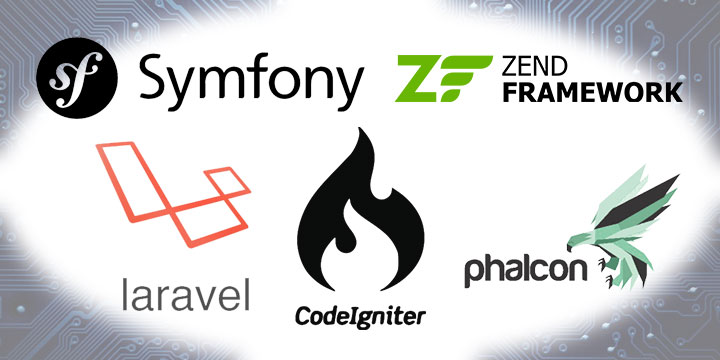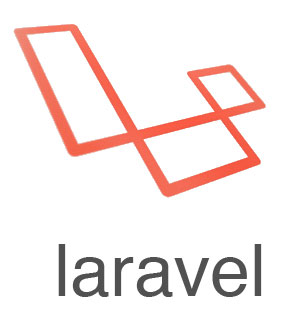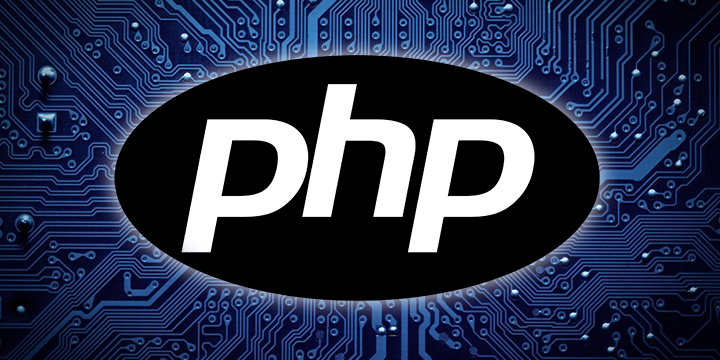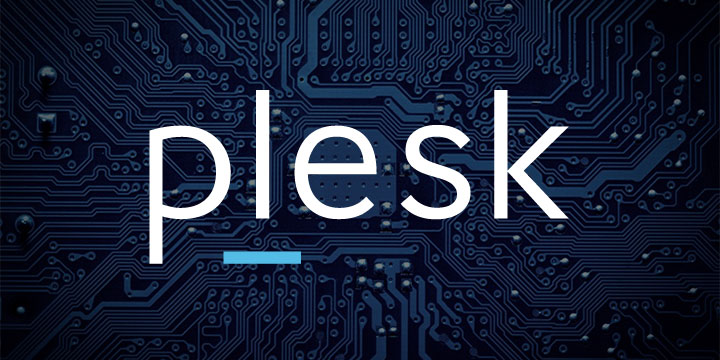
5 great PHP frameworks
Posted November 21, 2016 by Unlimited
Software application programming is often time consuming, but using one of the following high-end PHP frameworks can make developing and agile application much easier and faster.
PHP frameworks help you maintain development standards and keep your code organised, making it easier to grow and evolve your app over time as the demands for it change.
In this blog post, we will be looking at five popular PHP frameworks.

Codeigniter
Codeigniter is filled with features in an easy to use toolkit for creating visually strong web apps. Some of the features of Codeigniter include:
- Excellent control compared to other frameworks.
- Easy to learn.
- Very high performance combined with broad compatibility with hosting platforms.
- No configuration required.
- No large scale monolithic libraries.
- Regular and thorough maintenance.

Laravel
Laravel comes with a number of interesting features. It’s built using several Symfony components, which give your web application a great foundation of well tested and reliable code.
Some notable features include:
- Client/server routes managed via Restful routing, which routes resource connections smoothly.
- Inherent Database Version control.
- The lightweight Blade Templating Engine which comes under the View section of the MVC architecture of Laravel.
- Composer, a very handy and easy to use tool for managing your third party packages.
- Eloquent, an ORM that provides you with a simple Active Record implementation for working with your databases. Eloquent is considered to be relatively faster than other frameworks.
- A simple to read syntax with built in testing.
- Large community of developers and programmers.

Phalcon
Phalcon was implemented as a C extension, and combined with a low resource consumption. It is considered to be one of the fastest frameworks available, and has a number of features, including:
- Relatively easy learning curve.
- A simple to use ORM.
- Low overhead compared to other frameworks.
- Native namespaces which enable you to create bundles or modules easily, by differentiating between similar controllers or class names.
- Direct Injection makes it easy to make software for testing end to end applications.
- The loose coupling allows you to use selected objects or the whole framework.
- Clean and intuitive API with strong design patterns used to write solid code.

Symfony 2
Symfony 2 is built on Symfony components such as Ez Publish, Drupal and phpBB. There are currently more than 300,000 developers and there have been over 1,000,000 downloads of the Symfony framework to date.
Some of the many features of Symfony 2 include:
- Sustainable, flexible and stable framework that can quickly be adapted to your needs.
- Configurable with the “Event Dispatcher” and “Dependency Injector”.
- It is possible to use Symfony 2 as a micro framework without having to install the full framework.
- Expandable and extendable using “Bundles” that add functionality to the framework.
- Allows you to validate roles and improve productivity.
- Excellent documentation and best practices make it readily accessible to advanced and professional users.

Zend
Zend is one of the most popular PHP frameworks, and is often used for building high performing web apps.
Some notable features are it’s extensibility and modularity, other features include:
- API centric applications with efficiently designed workflows.
- Agile Design methodology.
- No Cloud lock-in, get everything on your choice of clouds with world class Cloud support on servers.
- Streamlined automation processes from production to completion.
- Easy to use drag and drop editor with excellent frontend support.
- PHP unit testing and instant online debugging.
- Connected database wizard and editable table viewer.
This is a small selection of the frameworks available, we advise you to try a number of them and find the framework that works with you best.
If you would like to know more about our hosting solutions for PHP frameworks then please get in touch with us at our contact page.
Categories: Technology


